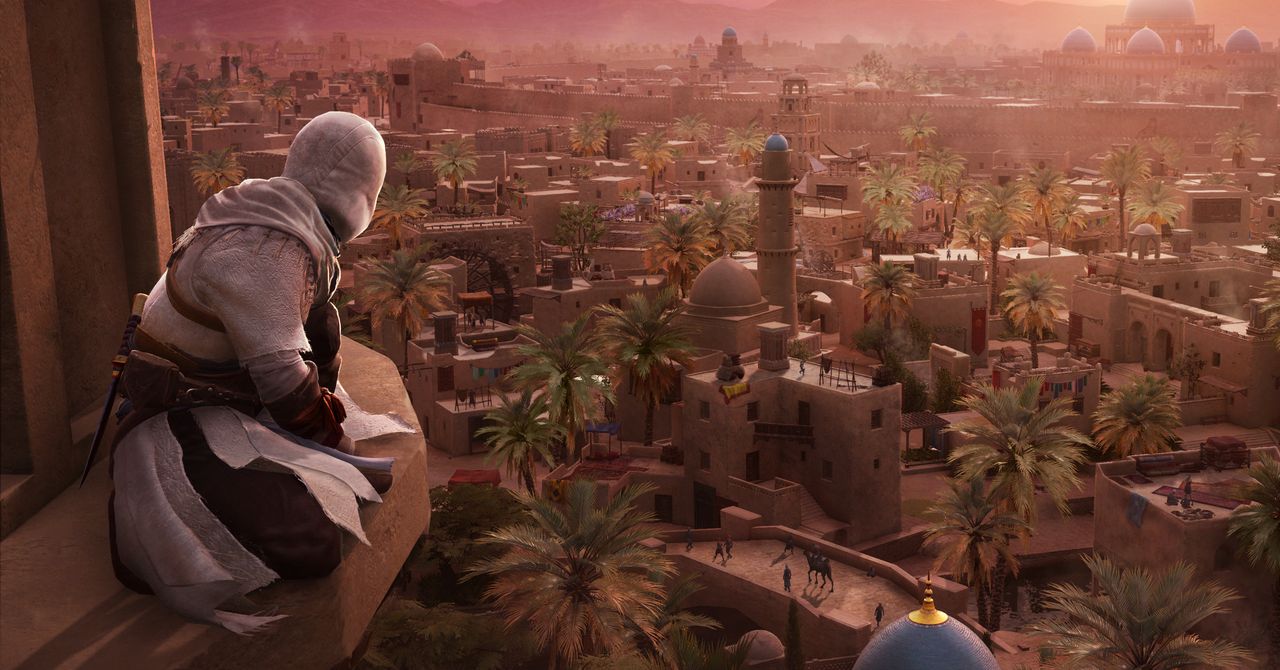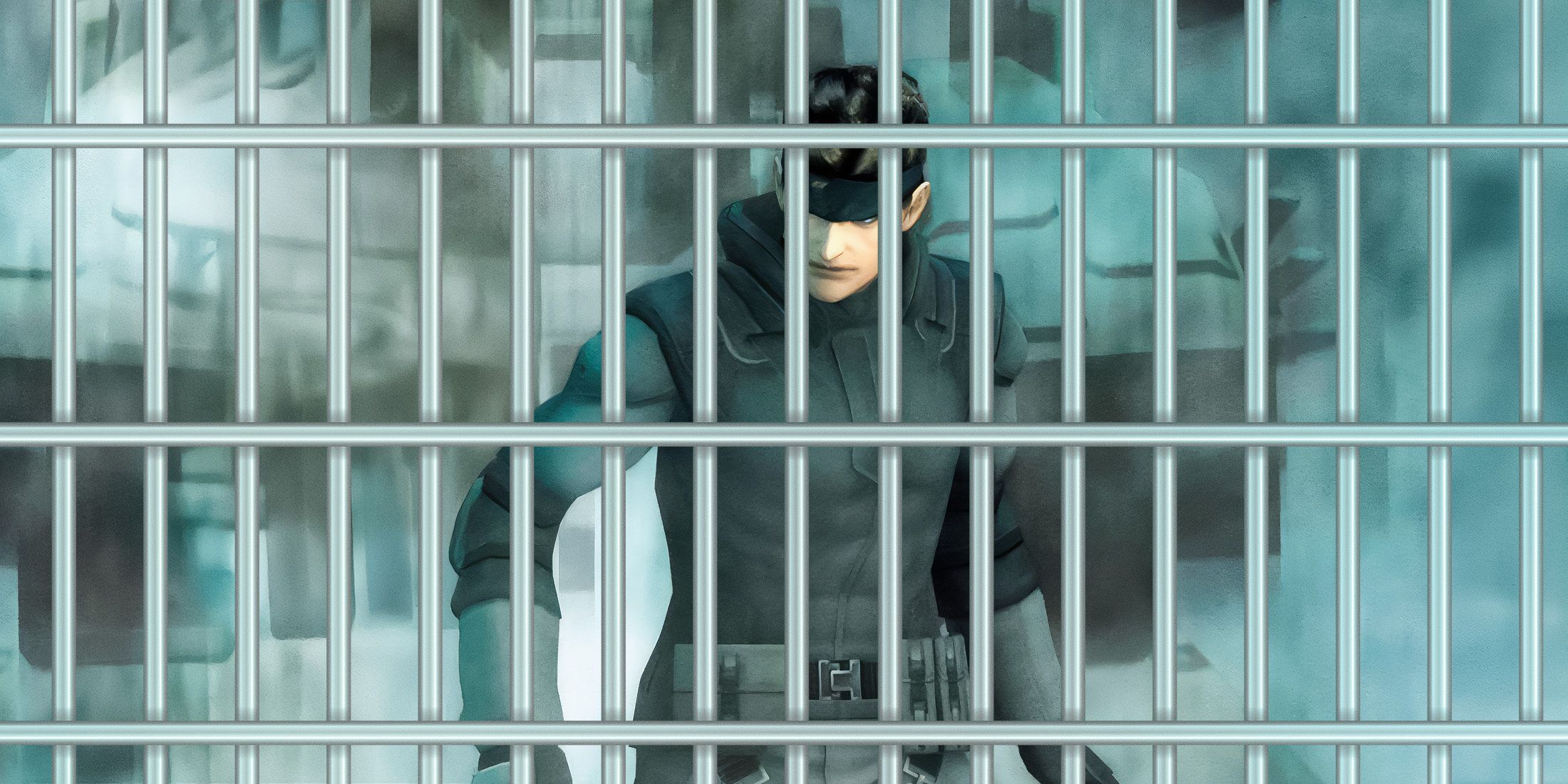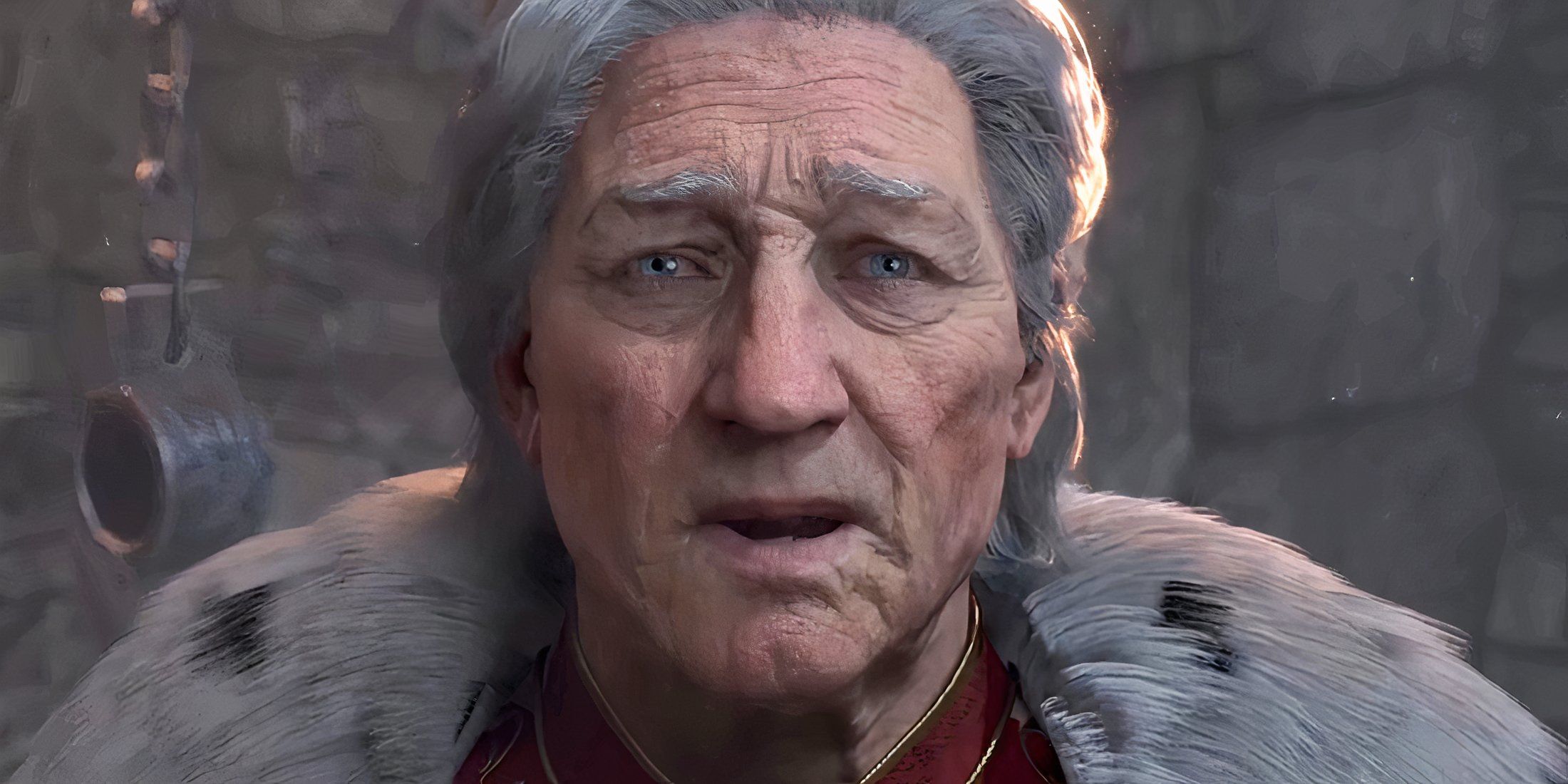’Assassin’s Creed Mirage’ Is Flashy and Fun but Does Its Setting a Disservice

Assassin's Creed Mirage takes us around 9th-century Baghdad, where you'll find everyday people lying on rugs in verdure courtyards while scholars observe stars from rooftops. This is the third time we return to West Asia under Islamic rule in the Assassin's Creed series, but here, we experience a turning point in Basim Ibn Ishaq's life, years before he heads down a sinister path in Assassin's Creed Valhalla.
As a Muslim born in the subcontinent, I had to learn about the Arabic language and West Asian region as if it were my history while not being my cultural identity. I went deeper than what religious classes teach to learn about Islamic empires, revolutions, and of course, the “Islamic Golden Age,” which spans from the 7th to the 13th century. The term acknowledges the exchange of ideas, new discoveries, and preservation of information under an Islamic empire that caught the attention of the world, yet it's reductive in the way it confines scientific and artistic achievements made by Muslim scholars to a singular time and place.
Knowing that Mirage takes place during this time, I was more interested to see an intimate side of Baghdad and the characters who give it life. But this coming-of-age story feels as shallow as the term “Islamic Golden Age.” The story unfolds through detective-style Investigations, where connecting the dots on an evidence board surprisingly focuses so much on assassinations that it leaves the city and its people behind.













